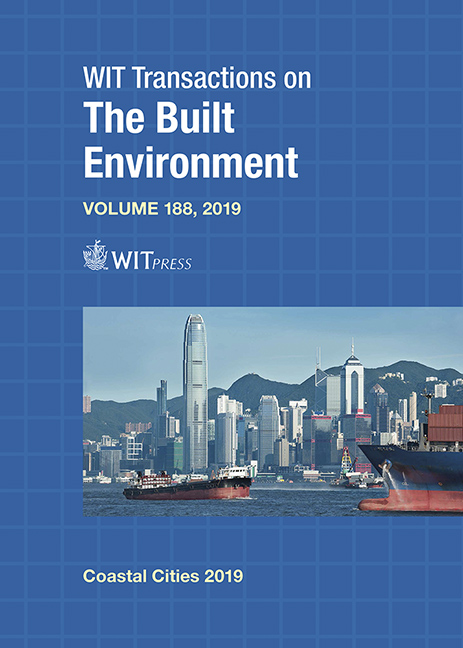URBAN TRANSPORT PLANNING, ITS AND ENERGY RESOURCES: A FRAMEWORK FOR SMART CITY CASE STUDIES
Price
Free (open access)
Transaction
Volume
188
Pages
11
Page Range
107 - 117
Published
2019
Paper DOI
10.2495/CC190101
Copyright
WIT Press
Author(s)
CORRADO RINDONE
Abstract
The paper focuses on urban transport challenges related to the Sustainable Development Goals defined by the United Nations. Smart city is a possible way to face these challenges in order to increase sustainable development and quality of life in urban areas. Following the European approach, transport, Information and Communication Technologies (ICTs) and energy constitute the smart city pillars. An integrated planning process produces decisions about infrastructures and services related to each pillar and their interactions. The paper analyses an evaluation framework for supporting the integrated planning process, with a specific focus on decisions concerning urban transport infrastructures and services. The framework allows analysts to assess the potential decisions’ effects, with particular attention to urban mobility. Transport System Models (TSMs), useful to simulate effects of planned decisions, are the core of the framework. By adopting technological solutions (ICT tools), it increases the TSM’s accuracy level. This is possible with Intelligent Transport Systems (ITSs) that integrate information and data deriving from ICT tools with TSMs. The evaluation framework extends the analysis to energy effects, taking into account energy issues connected to freight and people mobility needs. Then the framework supports transport and energy decisions by means of ex-ante and ex-post evaluations. The presented study cases represent a framework of different urban application contexts.
Keywords
smart city, urban transport, freight mobility, city logistics, sustainable developments, ITS, energy resources





